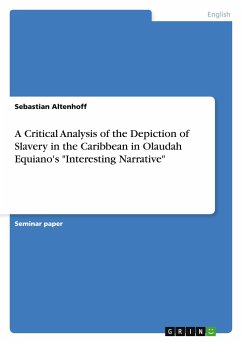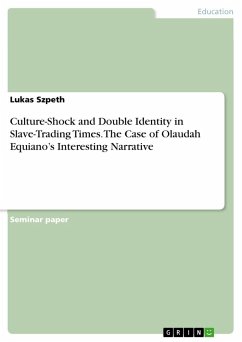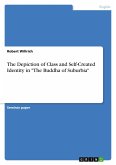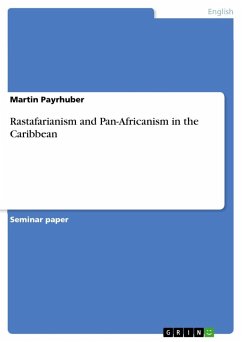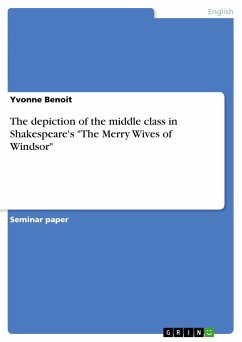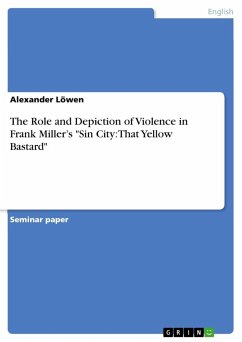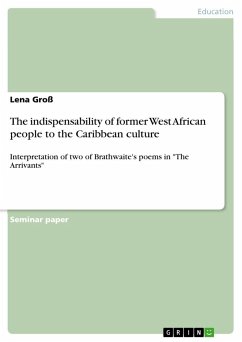Seminar paper from the year 2009 in the subject English Language and Literature Studies - Literature, grade: 1,0, University of Duisburg-Essen (Anglophone Studien), language: English, abstract: The Interesting Narrative of the Life of Olaudah Equiano or Gustavus Vassa, the African. Written by Himself is the astonishing and moving autobiography of an 18th century slave. The author, the aforementioned Olaudah Equiano , tells the story of his life, recounting events such as his capture in Africa at early childhood, the notorious Middle Passage, his time in the service of the Quaker Robert King, his life as a freedman in the Caribbean, and finally his involvement in the abolitionist cause.This term paper will be concerned with the author's observations of the conditions of slavery in the West Indies, made first as a slave to Mr King, later as a free businessman. His account will be checked against external evidence drawn from a number of scholarly sources. The comparison includes thedevelopment of the slave trade in Africa and the rise of the Caribbean slave societies in the light of the 'sugar revolution', although the working conditions of slaves, together with the treatment of freedmen, will be at the centre of attention. While my original interest lay in researching the accuracy of Equiano's version, my fascination gradually shifted from the 'if' to the 'why' and brought the question of identity into play. What with the restricted dimensions of this essay, the critical evaluation in the final chapter cannot provide the full range of answers, but offer a profound basis for a more specialist examination of the topic of identity in slave narratives.

